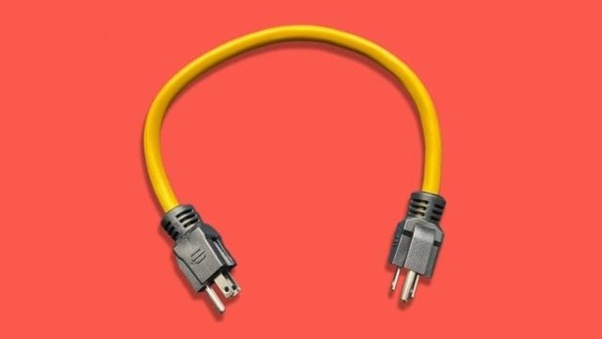- cross-posted to:
- programmerhumor@lemmy.ml
- cross-posted to:
- programmerhumor@lemmy.ml
Meme “the number of people who think this is an abomination” over a photo of a USB-A to USB-A cable, “but think this is perfectly acceptable” over a photo of a USB-C to USB-C cable, “makes me sick.”
yeah because they are designed quite differently. usb c has a way of detecting a host to host connection situation and will do the right thing – which is just powering off the ports, unless one of the hosts has the usb otg capability to turn itself into a peripheral.
with usb a connectors thats just not possible and the situation is not defined in the standard. you might get an overload in one of the power supplies, you might get any number of weird effects on the hosts but you will never get any useful result from this.
AFAIK every non USB cable before worked on this way that it connected a peripheral to a host.
It was USB-C where they innovated to change this and now everyone expects old USB to work the same way.
I remember when the difference between ethernet “crossover” and “patch” cables was of critical importance. I am glad we never had to deal with that additional layer of confusion with USB.
The top cable actually was useful for some software like PC Mover where you could back up one machine to a new one with USB instead of having to have a wired network and deal with windows horrible file sharing settings. But I think those had a bit of smarts in the middle being used as some kind of middle man processing.
USB-A male to USB-A male is not in any USB standard (not entirely true, but compliant cables are very rare and don’t connect voltage), and if you plug it into a device it’s not meant for, the behavior is entirely unspecified. It will probably do nothing. But it might fry your USB controller that is not expecting to receive voltage.
USB-C to USB-C is in the spec, and if you plug in two host devices, they won’t hurt each other. You can actually charge a host device over USB-C, unlike USB-A.
That’s why it isn’t ok. It’s not the same thing, it’s not in the standard, and it can even be dangerous (to the device).

This type of cable is called a fuse tester.
I have these for my Christmas lights.



